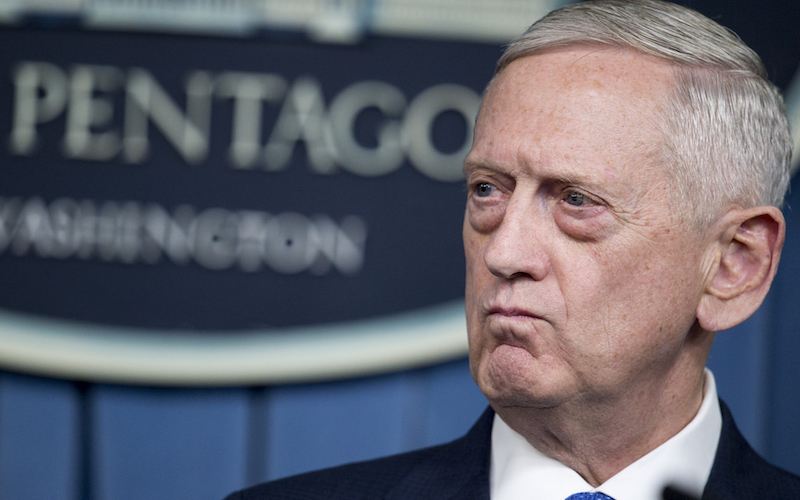
The Islamic State’s New Realities
The combined efforts of a host of international and regional state and non-state actors against the Islamic State of Iraq and al-Sham (ISIS) have reduced the so-called caliphate’s control of Mosul to one district and surrounded its fighters in Raqqa, resulting in more of ISIS’ militants fleeing Iraq and Syria and fewer foreign fighters joining it. Despite the fact that ISIS now faces a stark new operational reality with less territory under its control and having suffered major symbolic and tactical losses, it is premature to conclude that the struggle against ISIS is over because many of the factors that contributed to its rise remain.
The extent to which ISIS’ loss of large swathes of territory in Iraq and Syria will damage its ideological influence remains to be seen. On one hand, ISIS’ ability to portray itself as a “winning” and “invincible” force in the Muslim world was a prominent theme of its sophisticated social media campaigns. Today, jihadists around the world must now view ISIS as somewhat less than “invincible.” Yet changes in the US military’s war on ISIS, with US President Donald Trump transferring more authority over such operations to the Pentagon, have increased civilian deaths. This serves ISIS’ political objectives by fueling narratives about Western militaries, much like Syrian President Bashar al-Assad’s regime and its Russian backers, deliberately targeting Sunni Muslim civilians.
Many in the Middle East blame various governments (especially Qatar’s lately) for supporting ISIS. ISIS’ meteoric rise, however, was primarily an outcome of two failed states in the heart of the Middle East—Iraq and Syria—and the marginalization of Sunni communities in Iraq’s al-Anbar province and Syria’s rural areas. If the conditions that provided fertile ground for ISIS to usurp territory in Iraq and Syria in 2014 do not improve for the local population, ISIS’ anti-Western/anti-Shi’ite narratives will likely retain their appeal among Iraqi and Syrian Sunnis who find themselves increasingly vulnerable to the forces fighting ISIS.


